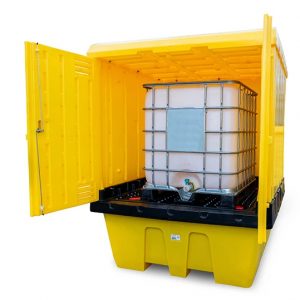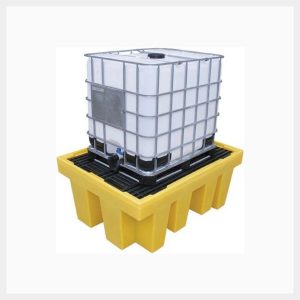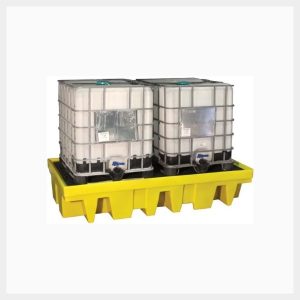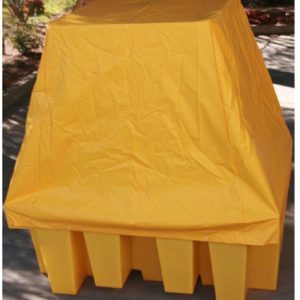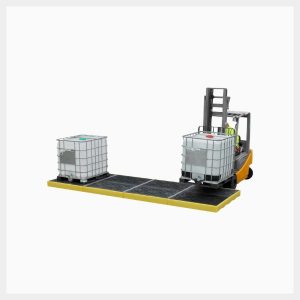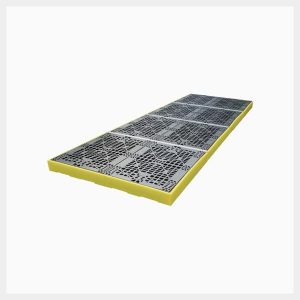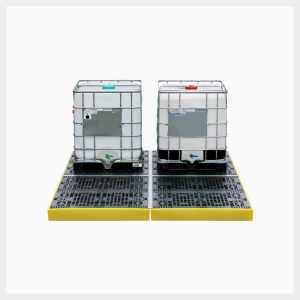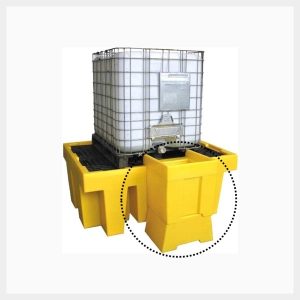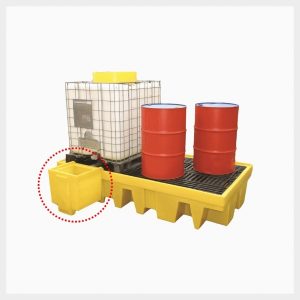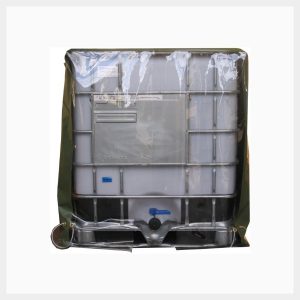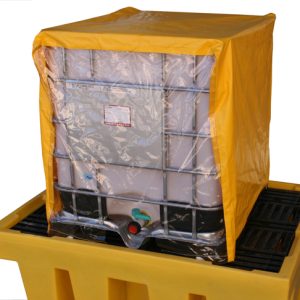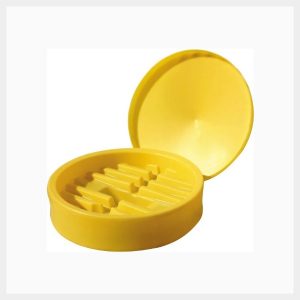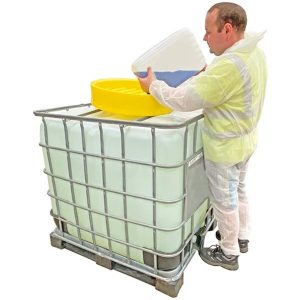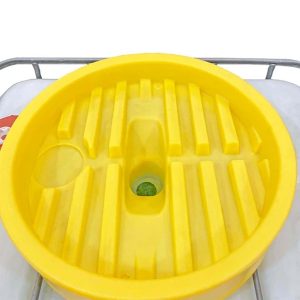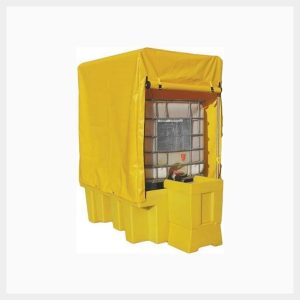IBC’s, also known as Intermediate Bulk Containers, are used around the world and in all different industries as a method to store and transport chemicals. They are widely used in Australia wherever a workplace needs to hold and store bulk supplies of chemicals for a wide range of activities.
The way to safely contain IBC’s is to use a spill pallet underneath. This is what keeps the IBC from rupturing and causing expensive spills. This system is known as IBC Bunds or, IBC Spill Pallets and are a form of secondary containment to prevent spills in workplaces. The pallet under the IBC contains any leaks to keep workers and the environment safe from the repercussions of chemical spills.
What Exactly is A Spill Pallet?
When you think about it, an IBC can contain usually 1000 L of liquid, and the pallet below it is often legally required to hole 100% of this total volume, meaning it is designed to keep everything that could possibly spill from the IBC safe in one place, so you don’t lose valuable resources as a workplace, and keep to your requirements under the Australian law for workplace safety.
IBC pallets are made from a special heavy duty polyethylene base, which is heavily resistant to both chemicals and hydrocarbons, making it durable and a great long-term investment. They also come with slots underneath them for ease of movement by forklifts, allowing them to become a more portable solution than other secondary containment options on the market such as floor bunding, which is a permanent solution.
What Industries Usually Use IBC Pallets?
In general, wherever IBC’s are, IBC pallets are often there also. Due to their portability and their ease of use, and the fact that they offer a lot of peace of mind, many Aussie businesses love using them daily.
Here are some examples:
- Mining and related industries needing remote materials.
- Refuelling and debunking locations.
- Remote building sites.
- Temporary locations for workshops and plants.
- Indoor and outdoor storage facilities and warehouses.
As you can see, IBC spill containment is especially popular in remote workplaces, as they offset a lot of safety when on the move.
What Are The Unique Advantages of IBC Pallets?
The best cure for a spill is to prevent them, and this is why secondary containment like these pallets are so popular in Australian workplaces. They are a first line of defence, and allow for spills to be captured, and can save your business money as spills often slow down production, halt workplaces and if you don’t have the right measures can lead to workplace injuries or harm to the environment.
Having the right combination of safety measures is what keeps you compliant within the eyes of Australian law, and IBC pallets allow you to meet your due diligence obligations while keeping productivity high.
Overall, the unique design of these pallet’s and their ease of transportation will allow your workplace to invest in a safety solution that lets you get back to working faster and with less interruptions overall.

